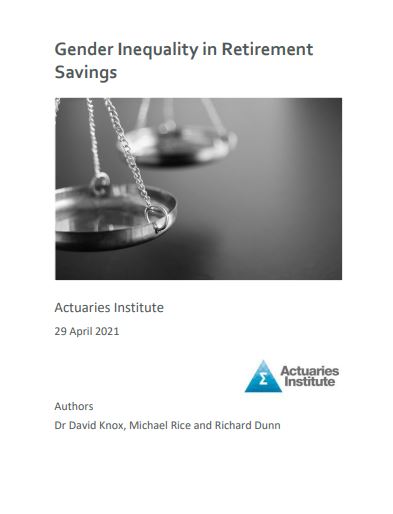Allowing Early Access to Retirement Savings: Lessons from Australia
By Nathan Wang-Ly & Ben Rhodri Newell In response to the COVID-19 pandemic, many governments around the world introduced policies aiming to provide citizens with financial relief through early access to their retirement savings. In Australia, the Early Release of Super (ERS) scheme allowed eligible citizens to withdraw up to A$20,000 in funds between April and December 2020. Using data provided by a large Australian bank, we examine the characteristics of the individuals who withdrew, how they used the withdrawn...










